Gold mining to continue in West Darfur’s Sirba
Mining operations in Sirba locality will follow a well-controlled plan developed by the West Darfur government, the West Darfur governor reported in the state capital El Geneina on Thursday.
The various parties involved in private mining operations in Sirba will adhere to the new measures, Maj Gen Rabee Abdallah, Governor of West Darfur, explained.
 (File photo)
(File photo)
Mining operations in Sirba locality will follow a well-controlled plan developed by the West Darfur government, the West Darfur governor reported in the state capital El Geneina on Thursday.
The various parties involved in private mining operations in Sirba will adhere to the new measures, Maj Gen Rabee Abdallah, Governor of West Darfur, explained.
The security presence in the mining sites will be strengthened to avoid violent incidents that occurred in other gold mining areas due to the large influx of miners.
West Darfur has witnessed enough security breaches in the past years, he said.
During his visit to the Sirba mining sites, together with representatives of the Forces for Freedom and Change, the governor also emphasised the need to protect the health of the people and animals, and the agricultural and pastoral lands in the area.
Toxic waste
Traditional gold mining is carried out by excavating the soil that contains gold. The soil is then milled and treated with mercury, which extracts about 30 per cent of the gold in the rocks. The leftover soil is treated with cyanide to extract the remaining gold.
This process results in highly toxic industrial waste. Traditional miners, small companies and gold labs dispose of these wastes by pouring them directly into valleys and streams, leading to heavy pollution in the environments surrounding the mining areas. This has long term health consequences.
Protests against traditional gold mining have increased in recent years in several states in the country, especially South Kordofan, North Kordofan, North Darfur and Northern State.
Sudan is reportedly the second-largest producer of gold in Africa and the ninth in the world. The production however is driven by unregulated, artisanal (individual subsistence) mining.
Radio Dabanga’s editorial independence means that we can continue to provide factual updates about political developments to Sudanese and international actors, educate people about how to avoid outbreaks of infectious diseases, and provide a window to the world for those in all corners of Sudan. Support Radio Dabanga for as little as €2.50, the equivalent of a cup of coffee.









 and then
and then